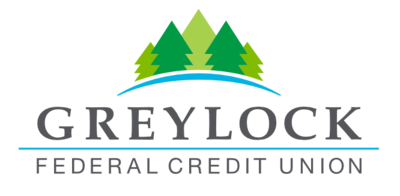Greylock Donates to Community Partners in 2021
PITTSFIELD, Mass. — Greylock Federal Credit Union has released its 2021 Community Impact
Report.
The report highlights many relationships held throughout the region to show members how their credit union invests in the community.
"This is more than just a report to sit on a shelf," said Greylock Senior Vice President, Chief Administrative Officer JamieEllen Moncecchi. "It is a story of the dedication and hard work put forward by our staff, Board of Directors and Members throughout the year to support our shared vision of a thriving community."
The stories reflect the Credit Union's commitment to the guiding principles of Inclusion, Diversity, Equity and Accessibility through company-wide learning and reflection, policy development, new products and services, and partnerships.
Greylock made cash donations of over $778,000 to area non-profit partners in 2021. The list of partners ranges from local Lions Clubs and after-school programs to the Berkshire Family YMCA and the United Ways of Berkshire County.
Greylock's continued COVID-19 response is also summarized in the document. Data shows that in the second year of the pandemic, Greylock supported 3,414 area jobs with Paycheck Protection Program loans, provided millions of dollars in loan deferrals for Members facing hardship and issued over $51 million to first-time home buyers to build for their future.
The Community Empowerment Center, which opened in 2018, grew to a dedicated five-person team with a branch-wide volunteer network of 29 certified financial coaches to meet the increasing need for services. The Center hosted 82 free seminars on everything from couponing to preparing for retirement. They also educated 2,805 area students on financial literacy, conducted 873 free financial coaching sessions and helped 204 immigrants enter the US banking system.
As a Certified Community Development Financial Institution, Greylock can be awarded federal funds to support the local economy. In 2021, Greylock was issued access to up to $23 million in emergency capital investment funding from the US Treasury (to be used over 30 years), $1.8 million in Rapid Response funds to help stabilize local households and businesses affected by the pandemic, and a $500,000 award to tackle issues of local poverty and economic mobility.
Tags: Greylock Federal,

